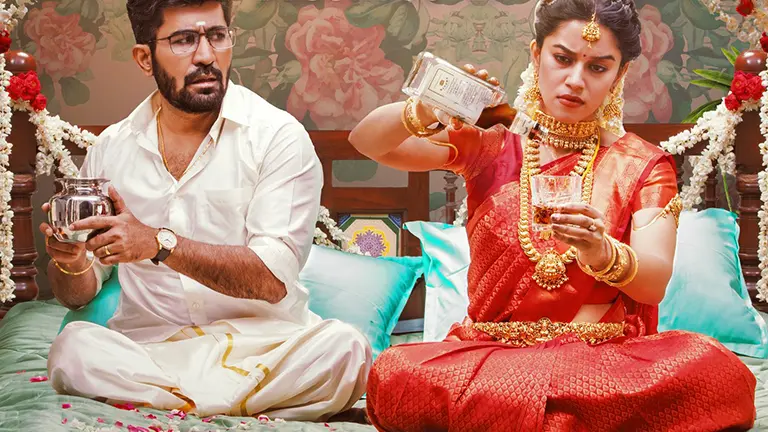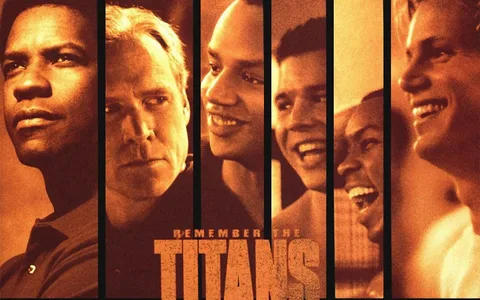Romeo (The Love Expert in Telugu) brought back memories of classic family and romantic dramas, where emotions took precedence over logic and complexity. It’s clear that there are more rational ways for the characters to resolve their conflicts, but here, logic and reality take a back seat. This is because the characters are endearing, and the story draws you in, making you care deeply for them. In this regard, Romeo does an excellent job of introducing the main characters and their desires early on.
Aravind, a man in his thirties (played by Vijay Antony), has dedicated his youth to securing his family’s financial stability. All he craves now is love. Meanwhile, Leela (played by Mirnalini Ravi) is an aspiring actress trying her luck in showbiz, yet without success. Their paths intertwine when circumstances lead to a marriage between them, leaving Aravind unaware of Leela’s acting aspirations and the threat the marriage poses to her dreams. The 10-year age gap between them only widens this rift. What unfolds is a familiar yet heartwarming tale of marriage.
First off, Romeo isn’t groundbreaking in any way and follows predictable paths. Except for delving into Aravind’s childhood trauma, the story lacks surprises. However, this isn’t necessarily a flaw, as films centered on relationships thrive on the likability of characters and their dynamics—an area where Romeo excels. Vijay Antony delivers a subdued yet compelling performance as a do-gooder, making it difficult not to root for him. Even those aiming to make his life miserable end up liking him due to his kindness. Aravind’s honesty might not make him seem entirely realistic, but he is immensely likable.
On the other hand, Leela initially appears cold for a significant duration, and while her struggles are understandable, the male-centric writing casts her in an antagonistic light before revealing her humane side towards the end. Consequently, for much of the film, she remains angry, dismissive, and indifferent towards her husband, lacking the depth and complexity that could have enriched her character.
There are glimpses of progressiveness through Aravind’s character, such as when he questions a filmmaker about justifying slapping as a masculine trait. This makes you wish the film delved further into such points. However, Romeo opts to be a straightforward entertainer, sacrificing nuance for simplicity—a choice that suits its humorous tone.
Similarly, the story could have offered insightful commentary on marriage and relationships, but the film opts for a light-hearted approach, avoiding deeper exploration. In the second half, when a filmmaking angle is introduced, numerous logical questions arise. Yet, my main qualm with this half is its prolonged duration without substantial substance. What is the story of the film within the film that Aravind and Leela star in? Did the parallels between their on-screen and real-life stories bring them closer together? The film missed opportunities to explore these angles, opting instead for straightforward entertainment.
Romeo is a film with evident flaws, yet its heartwarming nature makes it endearing. From a screenplay perspective, the closure of Aravind’s childhood trauma seems gimmicky, and an overly sentimental song feels out of place in a film about marriage. However, despite these quirks, the emotional impact remains, even if the romantic comedy briefly veers into melodrama. Romeo operates within a familiar, comforting zone. The humor is clean, simple, and subtle, and despite its lengthy runtime, it remains a largely satisfying experience due to its well-executed emotional moments.



